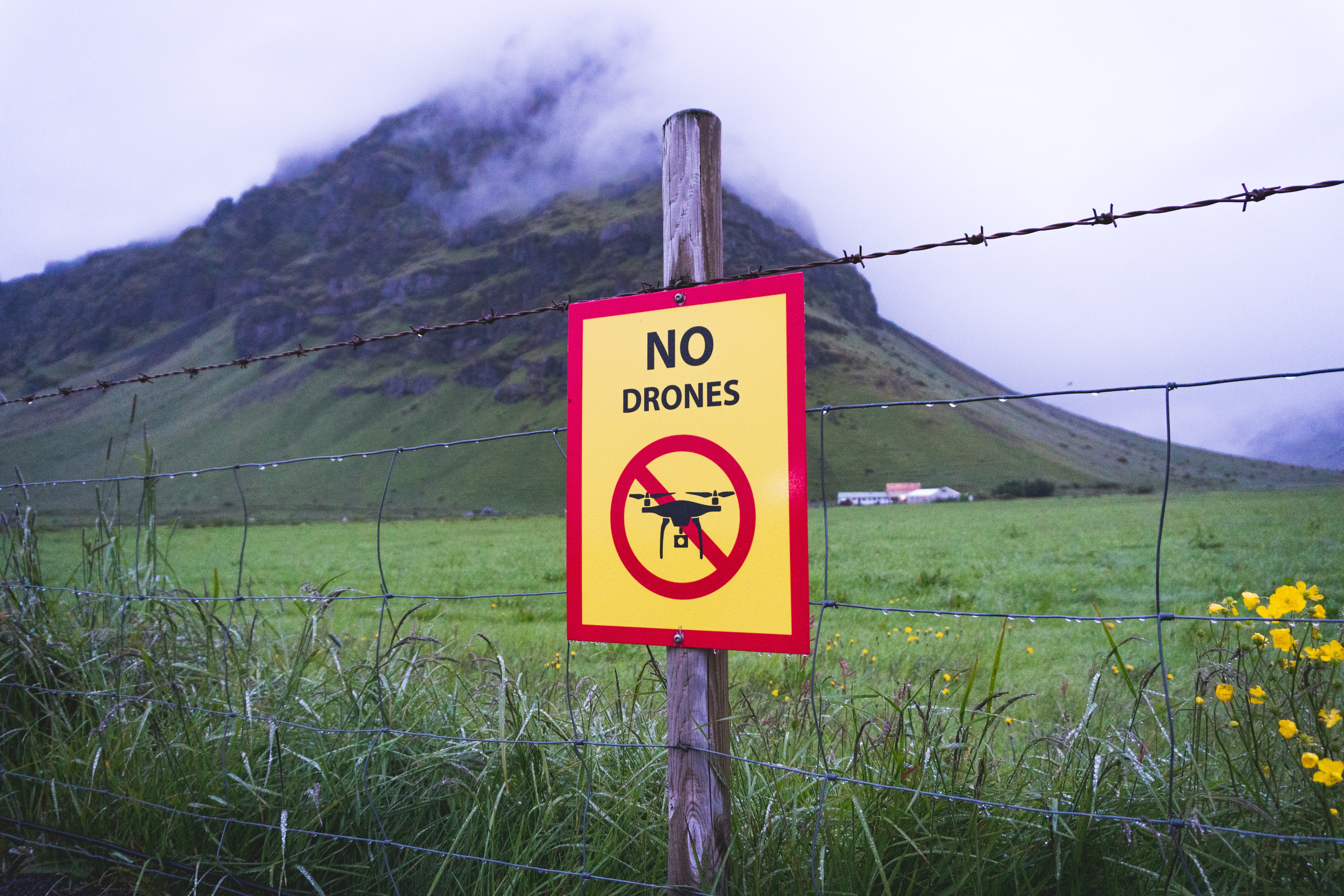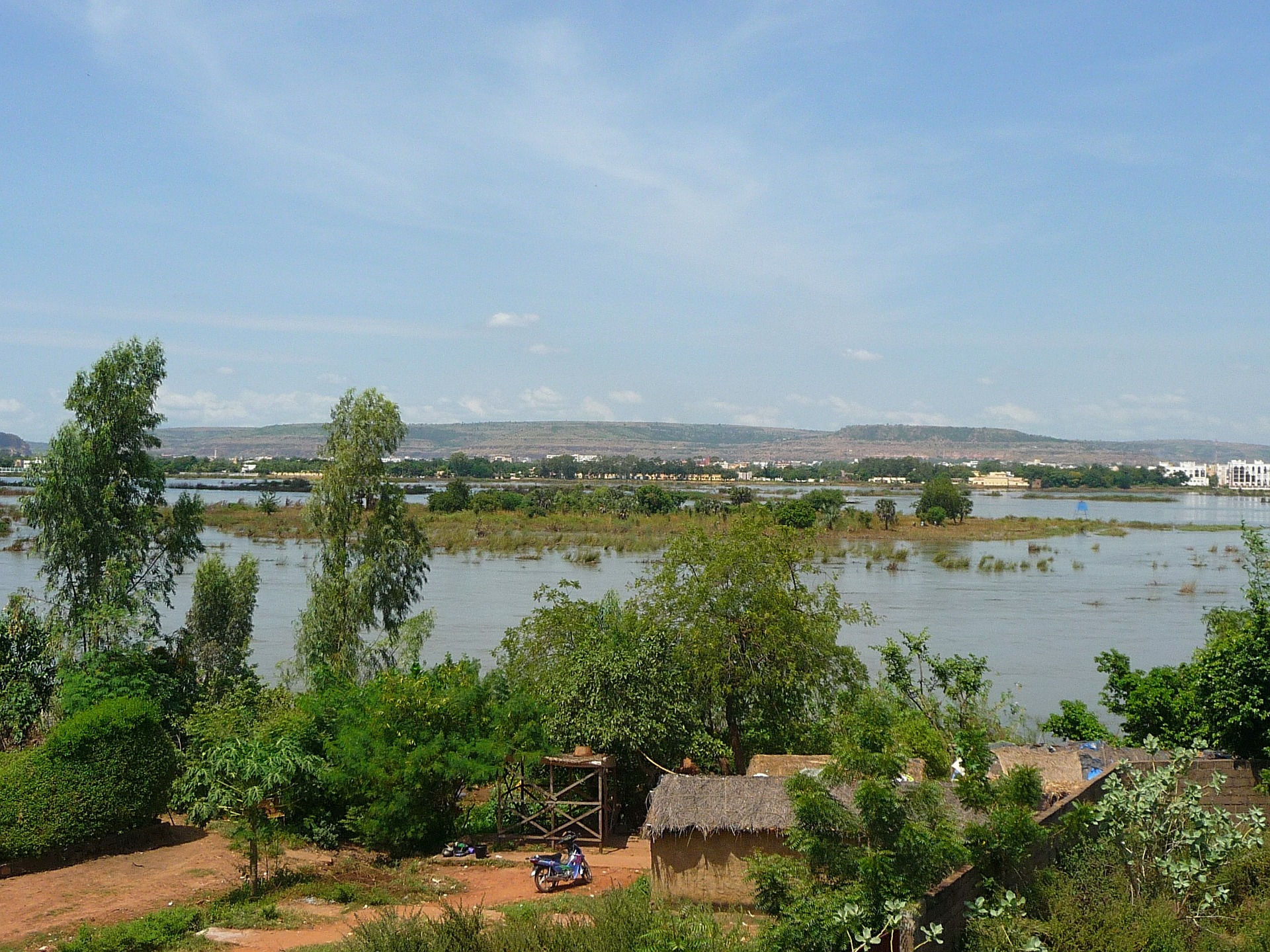*By Harsh Mahaseth
In 1996, a civil war broke out in Nepal between the national security forces and the Maoist political movement led by the Communist Party of Nepal – Maoists (CPN-M). The conflict came to an end a decade later in November 2006. In 2007 an interim government was established that incorporated the CPN-M. However, the conflict over justice still remains to be resolved.
The end of the civil war culminated in the Comprehensive Peace Accord (CPA), which was signed by the seven political parties in Nepal, including the CPN-M. However, the subsequent Enforced Disappearances Enquire, Truth and Reconciliation Act, 2071 (TRC Act) 2014 has resulted in provisions that are not in compliance with the CPA and do not uphold Nepal’s obligations under international law.
The idea of providing amnesty for war crimes is antithetical to the general principles of international law; however, the current Nepalese stance is pro-amnesty. Due to this there is a lack of trust in the Truth and Reconciliation Commission (TRC) and other transitional justice mechanisms and to date, the judiciary has played the largest role in the transitional justice system of Nepal. In personal interviews, the victims of the conflict expressed their lack of trust in the TRC, stating that because the perpetrators of the crimes were part of the committee itself, they did not expect justice.
While the CPA does not mention amnesty at all, Section 13(2) and 13(3) of the TRC Act have been read together to suggest that existing cases could be sent to the TRC for consideration, which could delay or even obstruct criminal investigations. This read along with Section 29 could provide for amnesty if deemed reasonable, except in cases of rape and grave rights violations. Additionally, the definition of grave rights violations has not been clearly defined and has been used inconsistently. While the Supreme Court has challenged the Truth and Reconciliation Ordinance as well as the TRC Act, which they have deemed to be unconstitutional, the implementation of the rulings is yet to be seen.
In contrast to what has transpired in Nepal, the transitional justice system in the Solomon Islands had a provision for amnesty, which was guaranteed under the Townsville Peace Agreement (TPA), but later all the perpetrators were tried for their crimes. The National Parliament of the Solomon Islands enacted two acts before the formation of the TRC, granting amnesty to people who would have been held guilty for their crimes during the civil war, as well as weapons amnesty and general amnesty as provided under the TPA. A largely Christian nation, many people in the Solomon Islands pushed for the forgiveness bill, but this is yet to be passed and only a few cases have been granted amnesty to date. Moreover, the judiciary has conducted several ‘tension trials’ in which former combatants who testified to their wrongdoings in belief that they would be provided amnesty ended up being convicted. Combatants who committed acts such as murder were sentenced to life imprisonment.
Unlike the transitional justice system of the Solomon Islands and the TPA, where there was a provision for amnesty, there was no express mention of providing amnesty in the CPA in Nepal, but the TRC included such a provision. To make matters worse, a 9-point agreement was signed between the current government and the CPN-M that also included a provision for amnesty.
A major concern for the perpetrators of war crimes is universal jurisdiction; they cannot leave Nepal as they could be tried for their crimes outside the country. Many fear the same fate as Colonel Kumar Lama, who had committed wartime atrocities and later fled to the United Kingdom only to be imprisoned there on two counts of torture. While this may not be of concern to every perpetrator, this does concern people in the higher levels of security forces, including those who work for the peacekeeping forces of the United Nations. The TRC Act, which may protect the perpetrators at the domestic level, does not protect them at the international level.
As a country that is heavily dependent on foreign aid and also a party to most Human Rights Conventions, Nepal’s push for amnesty has been short-lived. A provision of a special court, comprised of a domestic and foreign jury is something that could become a reality.
The establishment of the TRC is the Government’s final opportunity to provide the victims of the civil war with reparations and justice. But as hundreds of cases have already been shelved, people have lost hope in the TRC. Similar to the case of Cambodia where the Extraordinary Chambers in the Courts of Cambodia only awarded “collective and moral” reparations, in Nepal the Government cannot bare the financial burden of monetary reparations. The international community will likely have a huge role to play in the Nepalese Government providing the victims reparations; however, the international community would not support a system that goes against its principles. Thus the long running debate around the push for amendments in the TRC Act continues, as well as the fight for transitional justice in Nepal.
*Harsh Mahaseth is currently pursuing his bachelor’s degree in law from the National Academy of Legal Studies and Research (NALSAR). He has previously assisted the Centre of Legal Studies (CLS) in monitoring the transitional justice process in Nepal. With an aim to go back to Nepal and help establish a sustainable environment for peace and prosperity, he has been dedicated to International Humanitarian and Criminal Law with these forming his prime areas of interest.
Works cited:
- Comprehensive Peace Agreement concluded between the Government of Nepal and the Communist Party of Nepal (Maoist), November 21, 2006, http://www.usip.org/publications/peace-agreements-nepal
- CPN-UML, UCPN-M ink 9-pt agreement, The Himalayan Times, May 6, 2016, https://thehimalayantimes.com/kathmandu/cpn-uml-ucpn-m-ink-9-pt-deal/
- Does It Work? Foreign Aid, Aid Management Platform, http://amis.mof.gov.np/portal/node/10
- Harsh Mahaseth, The 9 Point Agreement and the Fate of the Transitional Justice System in Nepal, Oxford Human Rights Hub, June 6, 2016, http://ohrh.law.ox.ac.uk/the-9-point-agreement-and-the-fate-of-the-transitional-justice-system-in-nepal/
- Lekhanath Pandey, TRC may shelve hundreds of war-era complaints, The Himalayan Times, August 12, 2016, http://thehimalayantimes.com/nepal/truth-and-reconciliation-commission-may-shelve-hundreds-war-era-complaints/
- Michael Vurens van Es, A Nepal Army Colonel Fronts London’s Old Bailey, The Diplomat, March 15, 2015, http://thediplomat.com/2015/03/a-nepal-army-colonel-fronts-londons-old-bailey/
- Nepal: 9-Point Deal Undermines Transitional Justice, Human Rights Watch, May 12, 2016, https://www.hrw.org/news/2016/05/12/nepal-9-point-deal-undermines-transitional-justice
- Nepal: OHCHR position on UN support to the Commission on Investigation of Disappeared Persons and the Truth and Reconciliation Commission: 16 February 2016, United Nations Human Rights Office of the High Commissioner, http://www.ohchr.org/Documents/Countries/NP/Nepal_UN%20osition_supportTRC_COIDP_Feb2016.pdf
- Om Astha Rai, Who doesn’t want a TRC?, Nepali Times, February 20-26, 2015, http://nepalitimes.com/article/nation/Who-doesn-want-a-TRC,2042
- Rajan Bhattarai, Peacekeeping Contributor Profile: Nepal, August 2013, http://www.providingforpeacekeeping.org/2014/04/03/contributor-profile-nepal/
- Ratificaction Status for Nepal, United Nations Human Rights Office of the High Commissioner,http://tbinternet.ohchr.org/_layouts/TreatyBodyExternal/Treaty.aspx?CountryID=122&Lang=EN
- Renée Jeffery, The Solomon Islands Truth and Reconciliation Commission Report: Forgiving the Perpetrators, Forgetting the Victims?, https://ecpr.eu/Filestore/PaperProposal/984ba0fe-b399-44f7-ad25-4b439f6be296.pdf
- Sam Zarifi, Nepal: Government must implement landmark Supreme Court decision against impunity, International Commission of Jurists, February 27, 2015, http://www.icj.org/nepal-government-must-implement-landmark-supreme-court-decision-against-impunity/
- Solomon Islands, International Center for Transitional Justice, https://www.ictj.org/our-work/regions-and-countries/solomon-islands
- The Enforced Disappearances Enquiry, Truth and Reconciliation Commission Act, 2071 (2014), May 11, 2014, http://trc.gov.np/base/file/actsrulesguidelines.pdf
- Townsville Peace Agreement, October 15, 2000, http://peacemaker.un.org/solomonislands-townsville-agreement2000
- Transitional Justice mechanisms in solomon islands, International Center for Transitional Justice, 2011, https://www.ictj.org/sites/default/files/ICTJ-SolomonIslands-Fact-Sheet-2011-English.pdf


